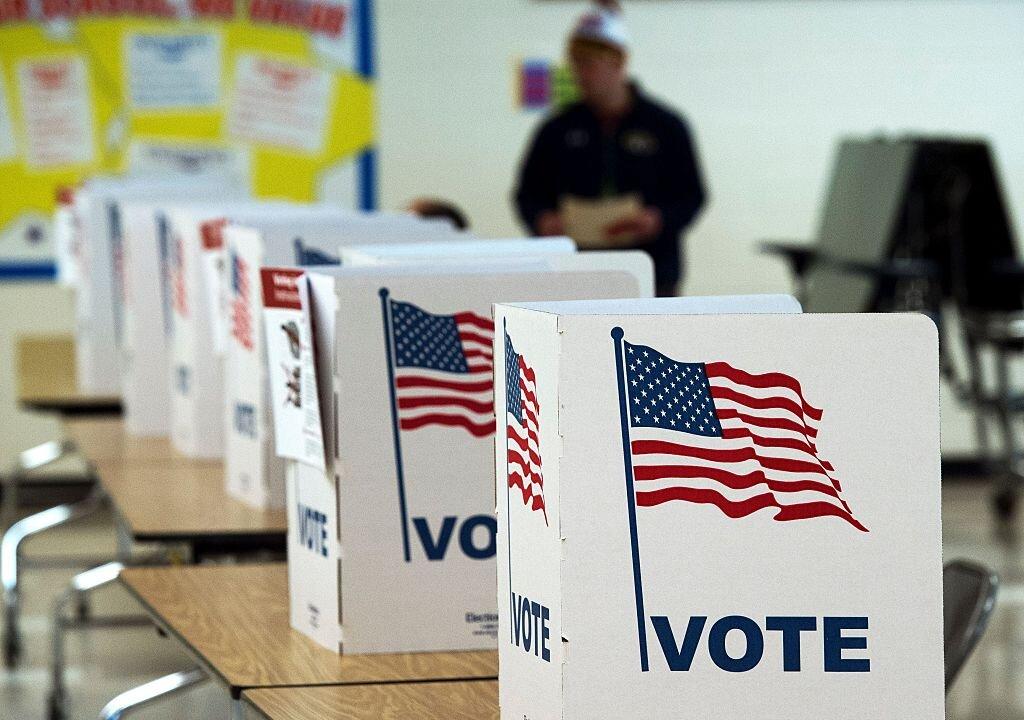Republican lawmakers have introduced a bill seeking to strengthen election integrity and boost voter confidence in American elections by implementing measures like requiring voter ID in some cases and ensuring that only U.S. citizens can vote in federal elections.
House Administration Committee Chairman Bryan Steil (R-Wis.) introduced the American Confidence in Elections (ACE) Act on Monday.





